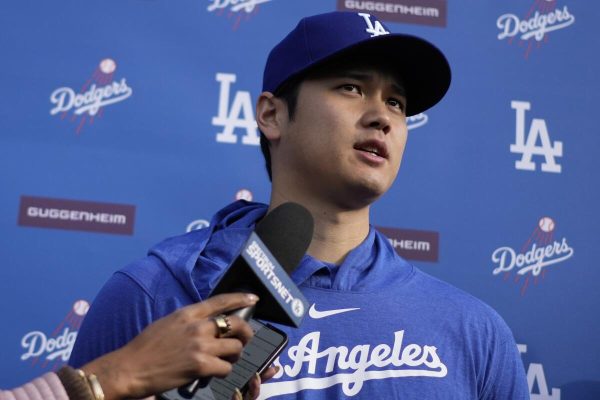Iowa: Abandon your ‘dark ages’ primary voting system
Jan 26, 2023
Editor’s note: Doris Kelly is an Emerita Iowa House of Representatives. She served in the house from 2007 to 2011 and was the Emerita Chair/Vice Chair – Iowa Board of Parole.
With Iowa in its 177 th year of statehood (Dec. 28, 1846), by now we should have our ducks in a row. But, we are one of six states still in the dark ages when it comes to the primary election process.
Iowa, along with Illinois, Indiana, Ohio, Tennessee and Wyoming operate their primary elections, which selects candidates before the general election, under a process referred to as “partially open.” This system permits voters to cross party lines, but they are required to change their party affiliation.
Thirty-two percent of Iowa voters have proclaimed they purposely do not want to be affiliated with the Democrats or Republicans. Free-spirited souls, aren’t they?
Specifically, as of Jan., 2023, 31.2% of Iowa registered voters declared their political party of preference as a no party independent. Another 0.9% picked “other” as their choice. Should these liberated and unconstrained citizens want to vote in Iowa’s primary election, they must declare being affiliated with a party they want nothing to do with. Of course, after the primary, they could go back to the court house and re-declare their unfettered political preference, but what a pain in the . . . buttocks.
What’s wrong about the six states – like Iowa — who have a partially open primary or other states who embrace a similar closed system? Very simply, it permits the far-right wing and far-left wing candidates and their respective extremist minions to protect and elect oddballs to run for office. Meanwhile, the truly independent voters are left on the sideline without much say.
Partisan primaries — like in Iowa — disenfranchise voters. It’s a form of voter suppression and dissuades independents from voting. Low primary turnout means fewer voters are choosing their representatives, giving disproportionate influence to a small subset of voters.
If you wonder why we have so many wacko and out-of-touch elected officials representing us in Iowa’s Capitol (or in D.C. for that matter), look no further than Iowa’s primary election process. The phrase from the War of 1812 is apropos: “we have met the enemy and he is us.”
Fifteen states (i.e., Alabama, Arkansas, Georgia, Hawaii, Michigan, Minnesota, Mississippi, Missouri, Montana, North Dakota, South Caroline, Texas, Vermont, Virginia and Wisconsin) have an open primary.
The open primary system permits a citizen to cast a vote across party lines and their election privacy is assured. Open primaries increase voter participation as there are no barriers or restraints placed upon their participation. Open primaries permit independents to become more involved in the election process, which is good for our democracy. And, an open primary is election integrity at its zenith.
Opponents to the open primary system note it is unconstitutional because it violates their freedom of association. However, the U.S. Constitution does not mention political parties. Voting is an American principle and a basic democratic right that should be protected, promoted and practiced. Iowa’s partially open primary system creates unnecessary voting difficulties and is discriminatory to over 600,000 Iowans who do not want to be associated as a Democrat or Republican.
As Charles Darwin once said, “it is not the strongest of the species that survive, nor the most intelligent, but the one most responsive to change.”
Iowa needs to get out of the dark ages and change to an open primary system, which would give its 36.4% registered Republicans, 31.5% registered Democrats, 31.2% no party independents and 0.9% “other” maximum flexibility and maintain their party affiliation or no party affiliation privacy.
All Iowans — versus a small subset of voters — should participate in our primary election process. Let’s embrace change and restore integrity to our primary election procedure by becoming an open primary state.

















